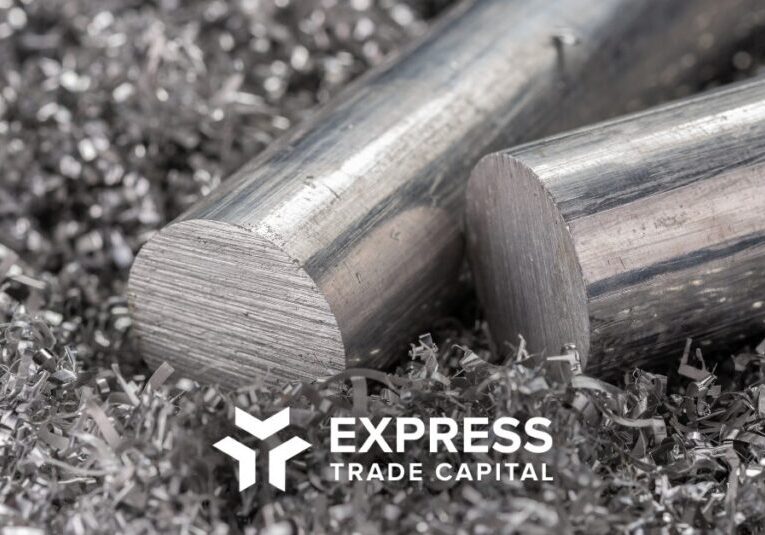Get a free consultation now!
Tariff Changes on Steel and Aluminum Starting June 4, 2025

Starting June 4, 2025, there are important changes to U.S. import tariffs, particularly the tariff changes on steel and aluminum. These changes mainly affect steel, aluminum, and some imports from China. This trade policy is an attempt at strengthening domestic manufacturing and addressing national security concerns. Here’s what importers need to know to stay compliant and avoid costly surprises.
Overview of Tariff Changes on Steel and Aluminum Starting June
As of June 4, 2025, tariffs on imported steel and aluminum have doubled, increasing from 25% to 50% under Section 232. This escalation is designed to enhance U.S. industrial capacity and reduce reliance on foreign metals.
United Kingdom Origin Imports:
Remain at the existing 25% tariff rate for now. However, adjustments may occur post July 9, 2025, pending trade negotiations.
Section 232 Duties:
Will now only apply to the value of the steel or aluminum content of an article, based on HTS Chapter 73 (steel) and Chapter 76 (aluminum).
Reciprocal Tariffs:
Will apply to the non-metal content of mixed-material products unless the item is confirmed to be 100% steel or aluminum.
Additional Duties:
Such as IEEPA Fentanyl-related tariffs and AD/CVD—still apply where applicable.
No In-Transit Exemption:
Goods already enroute are not exempt from the revised tariffs.
Documentation Requirements:
To claim exclusions or proper classifications, importers must be prepared to supply thorough documentation, including:
- Mill test certificates
- Bills of materials
- Purchase orders
- Production details
- Certificates of origin
Section 301 Tariff Exclusion Extensions
The U.S. Trade Representative (USTR) has extended some Section 301 exclusions on Chinese goods until August 31, 2025. These exclusions were previously set to expire on May 31, 2025.
In-Transit Exclusion Cutoff Extended to June 15
Customs and Border Protection (CBP) has changed the deadline. The new Reciprocal Tariff In-Transit Exclusion deadline is now June 15, 2025. This information is from CSMS #65201773. This allows additional flexibility for shipments that left the export country before the new tariffs took effect.
How Tariffs Now Stack – New Order of Applicability
Understanding the tariff stacking hierarchy is crucial, especially with overlapping trade restrictions.
As of June 4, the new order of application is:
- Section 232 – Autos/Auto Parts
- Section 232 – Aluminum
- Section 232 – Steel
- IEEPA Fentanyl – Canada
- IEEPA Fentanyl – Mexico
Common Scenarios
Auto & Auto Parts:
- Products under this category are exempt from additional Section 232 (Steel/Aluminum) and IEEPA tariffs (Canada and Mexico).
- USMCA-eligible goods are not subject to any of these tariffs.
Steel & Aluminum Products:
- Items subject to Section 232 Steel/Aluminum are exempt from reciprocal tariffs on the same metal content.
- Derivative goods, where metal content is reported separately, are still subject to reciprocal tariffs on the non-metal portion.
- These entries are not subject to IEEPA Canada or Mexico Fentanyl duties.
- China-origin products, however, remain subject to IEEPA China Fentanyl tariffs, even if Section 232 applies.
Court Ruling: IEEPA Tariff Legality Challenged
The Court of International Trade (CIT) recently decided that the President cannot impose tariffs under the International Emergency Economic Powers Act (IEEPA). However, an appeal is in progress, and the court has placed a temporary stay on the ruling.
Read more about the Court Ruling on the IEEPA TariffsWhat This Means:
- IEEPA tariffs are still in effect.
- Importers must continue paying applicable duties until a final decision is reached.
- We strongly recommend importers:
- Maintain detailed entry records
- Track liquidation dates
- Note protest and correction deadlines
- We strongly recommend importers:
This documentation may become crucial if refund opportunities arise following future legal decisions.
We’ll Show You How to Take Control of Your 2025 Tariff Strategy
With many overlapping tariffs and changing trade policies, it’s important to keep up with compliance and cost control. Express Trade Capital helps importers manage documentation, identify duty mitigation strategies, and ensure proper tariff classification.
Contact us today to learn how we can support your supply chain and bottom line.
